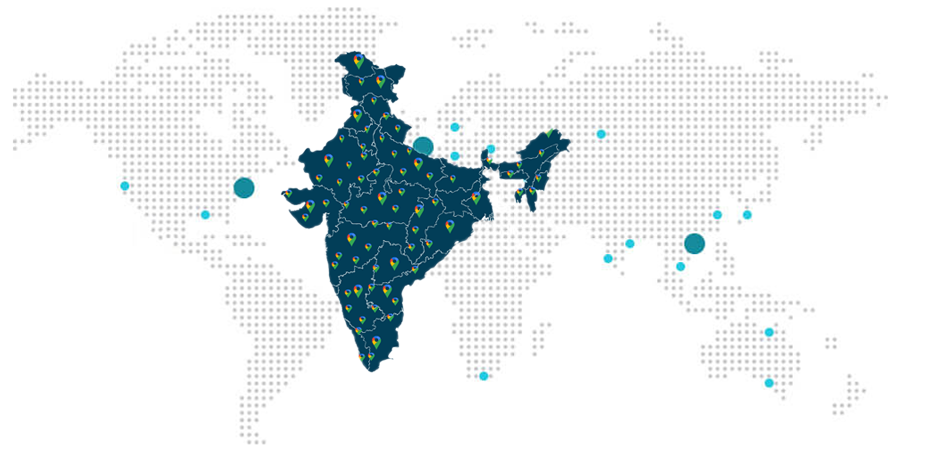Home / RoHS Certification
RoHS Certification in India
RoHS certification is an ISO certification body accredited by emirates international accreditation center (EIAC) with the main objective of safeguarding life, property and environment by providing certificate of quality assurance and total quality management. RoHS stands for restriction of hazardous substances. It restricts the use of some hazardous material found in electrical and electronic products. From July 1, 2006, every applicable product in the EU market must pass RoHS compliance. Any company or organization which is involved in selling electronic products, equipment’s, cables, sub-assemblies, components or spare parts directly to RoHS countries or to sell the same to resellers, distributors or integrators which in turn sells them to these countries is impacted, if they use 10 restricted substances.
RoHS Restricted Substances
The original RoHS originated in EU in 2002 is known as directive 2002/95/EC which restricts the use of 6 hazardous materials found in electrical and electronic products. Another directive 2011/65/EU was published in 2011 which is known as RoHS2 or RoHS re-cast. RoHS 2 added CE-marking of products, categories 8 & 9 and additional compliance recordkeeping requirements. Now 4 years back in 2015, directive 2015/863 was published by EU named ROH 3 & add 4 more restricted substances to the already created list of 6. RoHS specifies 10 restricted substances with their maximum levels. The first six substances were applied to the original RoHS while the last four substances were added under RoHS 3 which is going to take effect from July 2019.
The ten restricted substances and their maximum levels are –
- Lead (PB) - <1000 ppm
- Mercury (HG) - <100 ppm
- Cadmium (CD) - <100 ppm
- Hexavalent chromium (Cr VI) - <1000 ppm
- Polybrominated Biphenyls (PBB) - <1000 ppm
- Polybrominated diphenyl ethers (PBDE) - <1000 ppm
- Bis (2-ethlhexyl) phthalate (DEHP) - <1000 ppm
- Benzyl butyl phthalate (BBP) - <1000 ppm
- Dibutyl phthalate (DBP) - <1000 ppm
- Diisobutyl phthalate (DIBP) - <1000 ppm
What Is Included In Our Package?
Eligibility Consultation
Document Preparation
Application Drafting
Government Fees
Benefits Of RoHS
The benefits of RoHS are as follows –
Certification Process
The certification process is as follows –
In the first step, business involved in selling applicable electronic products, sub-assemblies or components fill the application form online to apply for RoHS certification.
In the second step, RoHS which is an ISO certified body receive the application online and reviews the same to certify the business applicant with RoHS.
In the third step, a team of auditors from RoHS proceed with the audit procedure by going on to the business location. Auditors check the documents as well as the elements used in making the product. In case hazardous elements are used, their limits are checked by the auditors (If above the prescribed limit, it can be harmful). Portable RoHS analyzers or XRF metal analyzers are used for screening and verifying that the product is RoHS compliant.
Audit team properly check the elements used in the electrical and electronic products and their maximum levels too. RoHS certification is given only to those businesses which don’t use hazardous materials and if used, it should be below the maximum limits prescribed by ROHC.
After the audit completion, if found that all the documents of the business applicant is correct and the elements used by them are under the RoHS prescribed limit, RoHS certificate is issued to that business after getting the approval from the auditors as well as ROS authority within a tenure of 10-15 days.
RoHS Certification FAQ’S
What Clients Say

Prakash Verma


Praveen Chauhan


Pradeep Kochhar

Blogs
In today's dynamic business landscape, navigating through various regulatory requirements and financial obligations can be... Read More
FinacBooks is a reliable platform that helps business owners in getting verified leads. It offers various services and solutions that can... Read More
Starting a new business in India requires several legal procedures, paperwork, and timely compliance with regulatory authorities. Company... Read More








